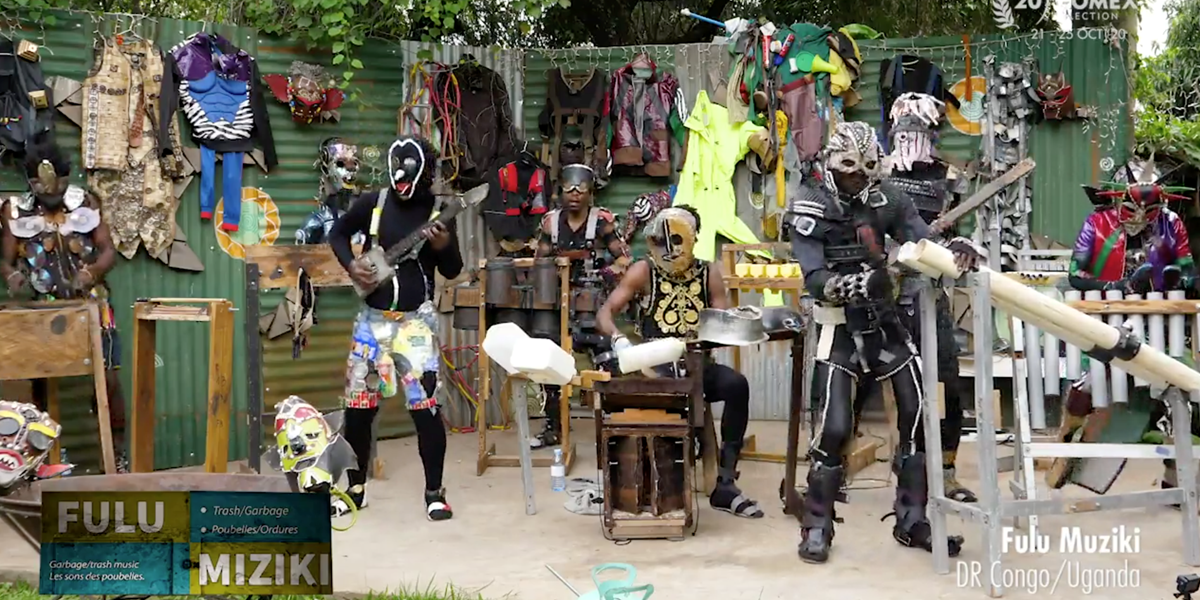Monday, October 26, 2020
WOMEX 2020 Digital Showcases: Day Four, October 24
Simon Broughton checks into the last day of digital performances and enjoys the concerts of Hungarian bands with a real audience that took place in Budapest.


Register now to continue reading

Thanks for visiting the Songlines website, your guide to an extraordinary world of music and culture. Sign up for a free account now to enjoy:
- Free access to 2 subscriber-only articles and album reviews every month
- Unlimited access to our news and awards pages
- Our regular email newsletters


